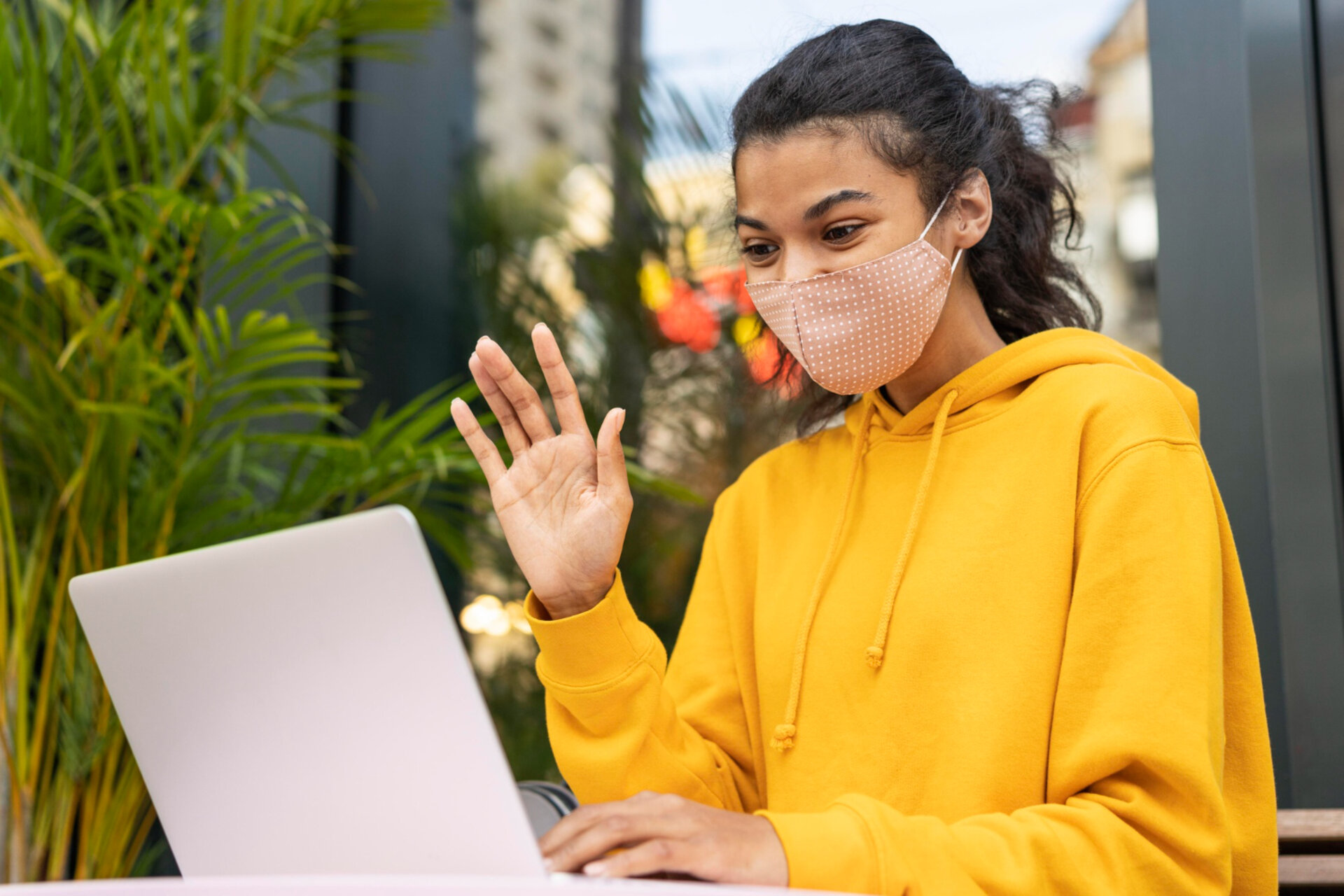
Mental Health First Aider Provide First Aid During Covid
As First Aider we take pride in our capacities and knowledge to help someone experiencing mental health problems or illnesses. Now as a community fighting against Covid-19, we can support and practice our first aiders skills to help one another.
Covid-19 is a physical Illness but the magnitude and the impact in the world makes it a high risk factor to developing mental health problems for everyone.
This is a short Guide to refresh on how to practice the skills.
Look for deteriorating signs of mental health like
- Sudden change of mood and behavior
- loss of interest in communication and keeping in touch
- Spending excess time on Social media
- Worried all the time
- Easily agitated and restless or isolated
- Talking about ending life or sounding hopeless
- Poor hygiene and appetite
- Excess drinking or smoking
Monitoring for any relapse or worsening of mental health in persons with a history of mental health problems or Illness.
- Speak to the person on how they are feeling and what are their thoughts
- Look for keeping up with existing medication. In case of dependent persons, stock up medicines for the next few weeks.
- Check on any crisis like Suicidal thoughts or emerging Panic Attack
- Provide emotional support by talking to persons who are unable to cope up with the situation.
- Provide practical support on reaching professional help like GP, Psychiatrist, Therapist.
- Avoid Judgmental comments, blaming or ridiculing.
- Continued monitoring of high risk persons.
- Involving family members or caretakers of elderly persons to give appropriate support to them.
- Take care of yourself and stay safe
A - Approach the person, assess and assist with any crisis
L - Listen and communicate non-judgmentally
G - Give support and information
E - Encourage the person to get appropriate professional help
E - Encourage other supports
Some suggestions for how to carry on Mental Health First Aid conversation. You may not need to follow all the same but adjust as the situation appears.
Approach, assess and assist
- How are you doing? You seem more silent than before. Do you want to talk about it?
- How are you? You seem a little bit more anxious than usual.
- Hi, recently I have seen you smoking more than usual. Is there something troubling your mind?
Listen and communicate non-judgmentally
- I know this means a lot to you. Please tell me about it.
- We are all going through the same now. Let's talk more about it.
- This must be a very painful experience for you and I care about you. Please share how you feel
- Give Support and Information
- Mental health problems are common, there is nothing wrong in asking for help.
- It is okay to feel this way and it shouldn't stop you from asking for help.
- Mental health problems are just like physical problems and are interrelated. Recovery is possible
Encourage professional help
- We can consult a doctor about this. Would you like me to book an appointment?
- I think you will feel better by talking about this with a counsellor. Have you talked to one before?
- One of my friends had a problem like this. He consulted with a psychiatrist and he feels alright now. Do you want to consult someone?
Encourage other support
- If you need help, EAP services are available in our office. You can call a counselor and talk to them.
- Stay in touch with family members, friends and support groups via social media or phone calls.
- Isolation can make you feel bored. Keep up with a routine that helps you feel better.
FIRST AIDERS CARE
For any case that you have met as a first aider and has evoked emotion, reach to another first aider or counselor. Maintain confidentiality.
Ask someone's help in case you can not carry on the conversation as a first aider and refer the case.
Do something that makes you feel good about yourself.
Plan and Prepare your first aiders' meetings in advance.
Refer to the Self Care Workbook at the end of the MHFA Manual


